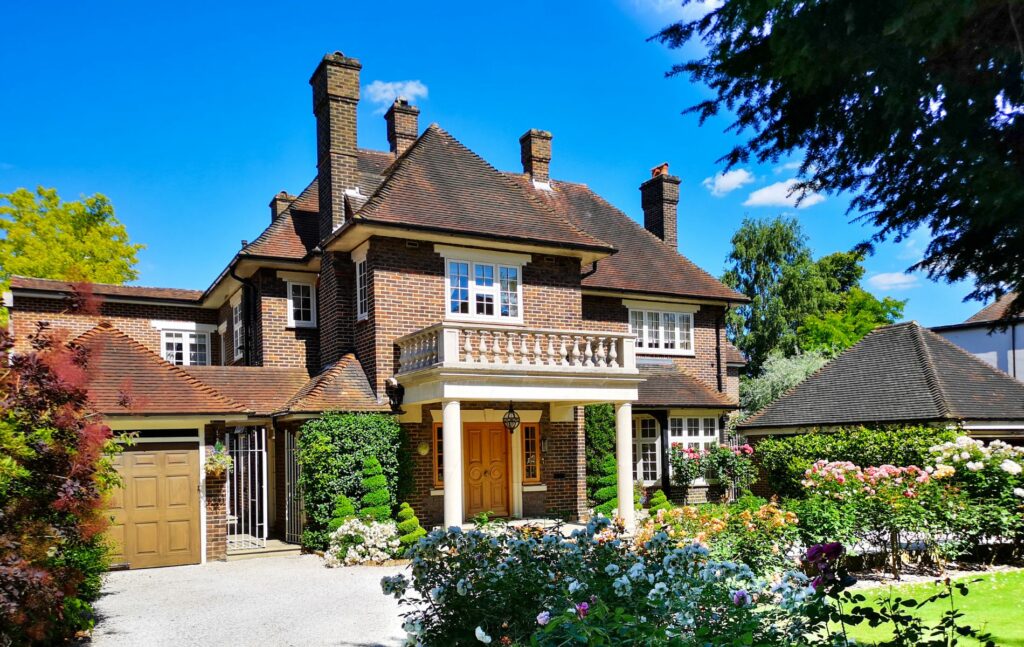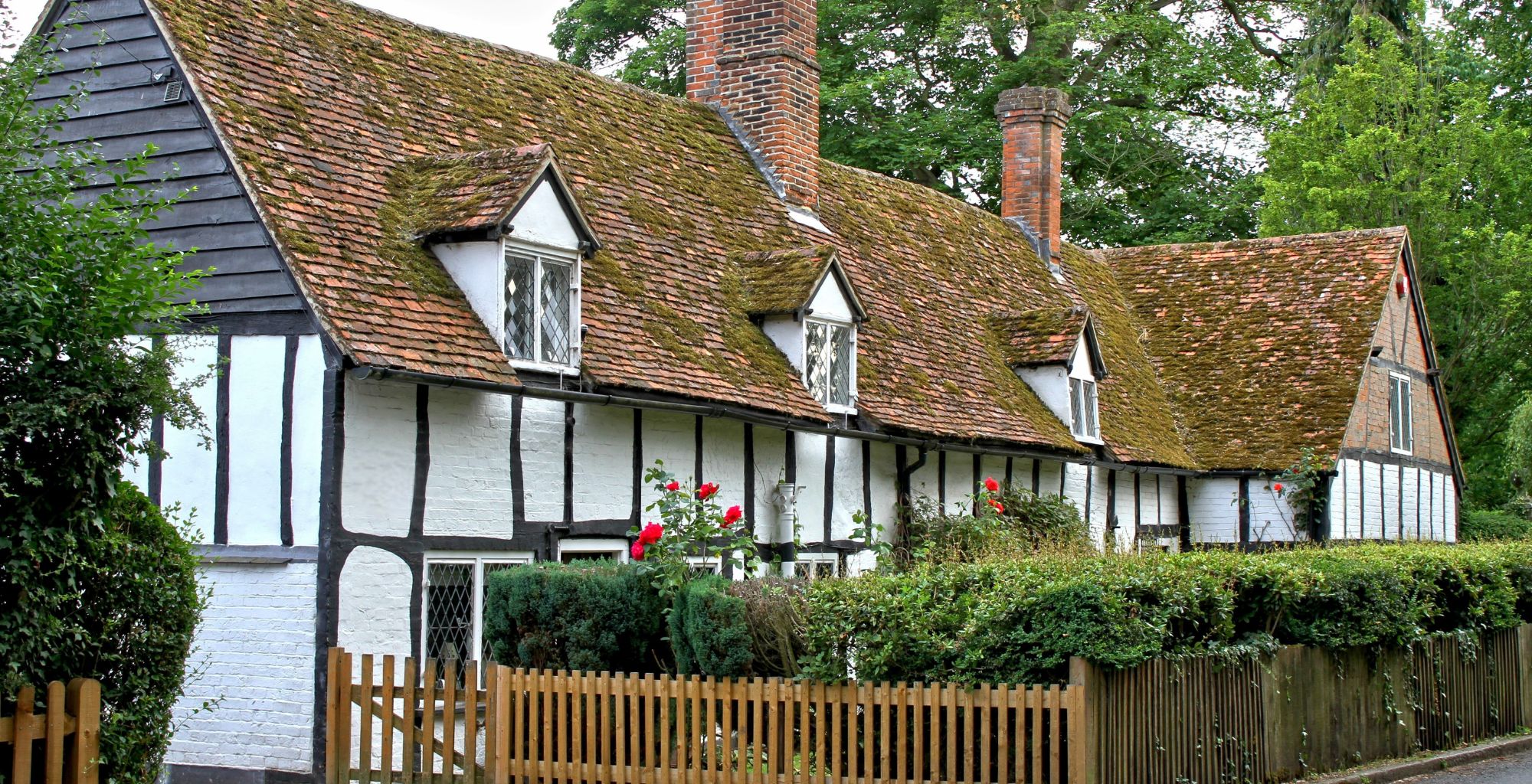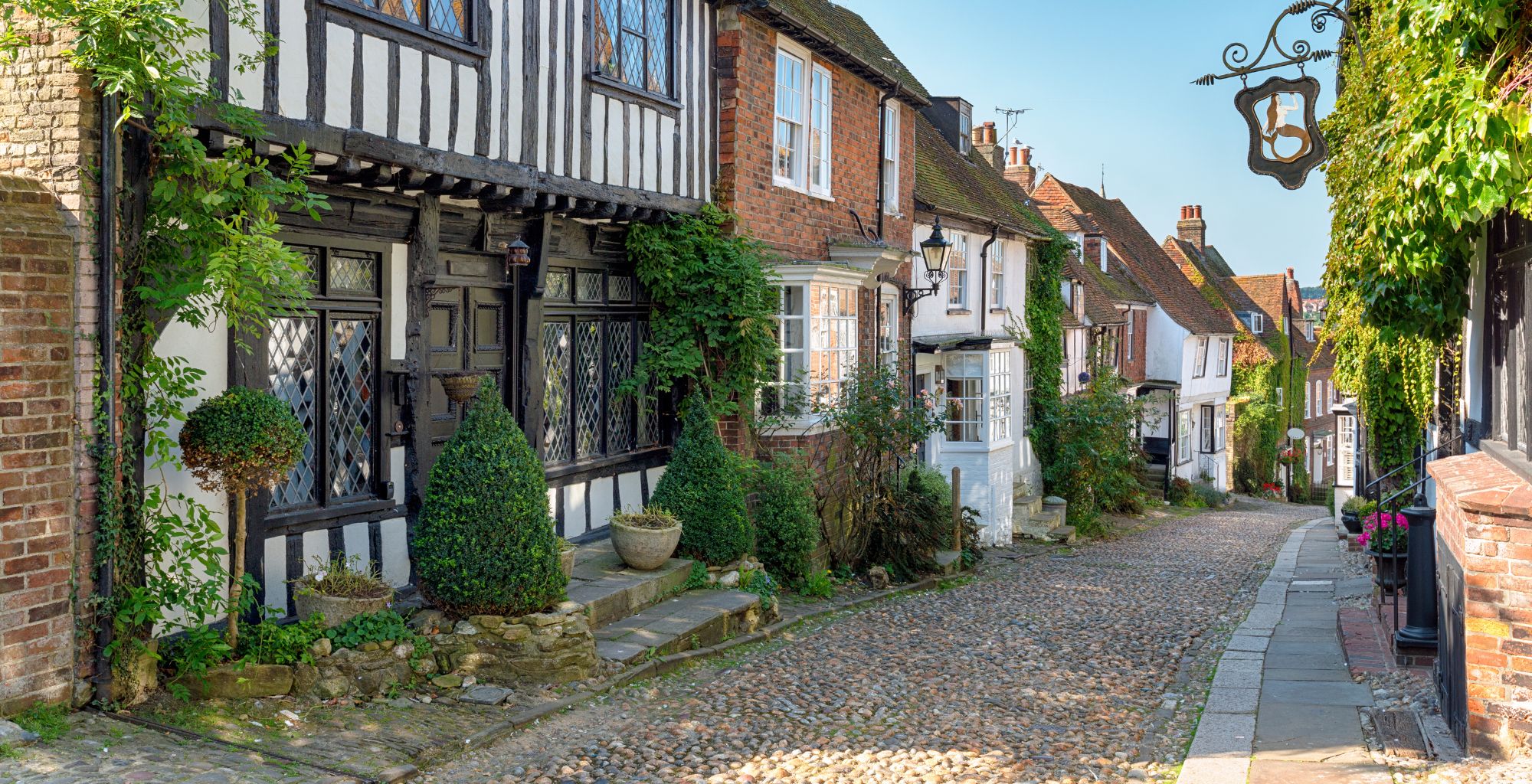As one of the most popular home counties, with so many locations that offer more than simply an easy...

Buying a property in the UK
For those buying a property in the UK for the first time, the process can seem complex and even daunting.
Each country has its own property-purchasing rules, and the UK is no different. There are some essential elements of the buying process that typically occur, and understanding the terminology used can prevent confusion.
Here we outline the process of buying a property in the UK step by step:

Looking for a property to buy
While online property searches can give you a general sense of the market, when buying a property in the UK it’s often more comprehensive to register your requirements with selling agents in the area you’re considering.
Many of our clients prefer to delegate this, allowing us to manage relationships with agents—a task that can be time-consuming, especially in high-demand areas.
Property pricing
When browsing properties, it’s useful to understand the different ways prices are listed:
- Guide Price: This suggests a starting figure, leaving room for negotiation.
- Asking Price: Generally more definitive, this is the figure the seller hopes to achieve.
- OIRO (Offers in the Region Of): A rough price target that allows for slight flexibility.
- OIEO (Offers in Excess Of): Indicates that the seller expects offers higher than the listed price.
- ONO (Or Nearest Offer): The seller may be open to negotiating slightly below the listed figure.
Property Tenure
Equally important when buying a property in the UK is understanding the ownership types, as each one comes with different rights, responsibilities, and considerations for long-term ownership.
Freehold
With freehold ownership, you own both the property and the land on which it stands outright and indefinitely.
Having freehold ownership of a property gives an owner greater control.
It gives you complete control over the property without needing permission from any other party for modifications or use (subject to planning regulations).
As a freeholder, you are fully responsible for the maintenance and upkeep of the building and land, but you benefit from a lasting ownership without any associated ground rent or service charges.
Leasehold
Leasehold ownership means you own the property for a specific duration set by the lease, but not the land on which it stands. The freeholder, or landlord, retains ultimate ownership of the land and building.
When the lease term expires, ownership of the property reverts to the freeholder unless the lease is extended or renewed. Lease terms typically range from 99 to 999 years, but shorter leases can affect a property’s value and mortgage eligibility.
With leasehold properties, common in flats and some houses, you are likely to pay ground rent, service charges, and possibly maintenance fees to the freeholder or a management company. Leaseholders often require permission from the freeholder for major alterations or subletting.
Share of freehold
Share of freehold is common among apartments and flats in converted houses and buildings or purpose-built blocks. Under this arrangement, the property owners collectively own the freehold, either as joint freeholders or through a company established to hold the freehold title.
As a share of freehold owner, you own your individual flat under a lease (usually with an extended term of 999 years) and a portion of the building’s freehold, alongside other residents.
Share of freehold gives you more control over building management and maintenance decisions.
It also eliminates the need to pay ground rent. However, you and the other freeholders are collectively responsible for managing communal areas and any maintenance costs, often through a residents’ association or management company.

Securing a property
Once you identify a property that meets your needs, the next step is making an offer.
Making an offer on a property
In England and Wales, an accepted offer isn’t legally binding until contracts are exchanged, allowing room for negotiations should unexpected issues arise.
It’s advisable to make your offer ‘subject to contract’.
This permits further negotiation if problems are uncovered in the survey or during conveyancing.
Once your offer is accepted, you proceed toward purchase; however, until contracts are exchanged, there is a risk of gazumping. This occurs if another buyer offers more, and the seller opts to accept their offer instead.
Several steps take place between agreeing on a price and completing the purchase.
Surveys and valuations
Having a survey conducted to assess the property’s condition before exchanging contracts is strongly recommended when buying a property in the UK. Types of surveys range from basic to detailed and should be chosen based on the property’s age and type, here are the most common:
Building survey
Also known as a structural survey, a building survey is the most detailed option. The surveyor conducts a thorough examination, inspecting all accessible areas.
This survey identifies any defects, provides cost estimates for remedial work, and highlights potential consequences of unresolved issues. They are especially recommended for older properties or homes that may require substantial repairs or alterations.
Homebuyer survey
The homebuyer survey is a popular choice among many buyers and can sometimes be combined with a mortgage valuation. For impartial results, we advise using an independent surveyor rather than relying on one affiliated with the lender.
This survey evaluates issues such as dampness, structural movement, and non-compliance with building regulations. It includes advice on necessary repairs and recommendations for ongoing maintenance.
New build survey
For new properties with an NHBC (National House Building Council) warranty, a snagging survey may be helpful. Although new homes are often marketed as flawless, a snagging survey allows an independent surveyor to identify minor defects for the developer to address before you move in.
Valuation
If buying a property in the UK with a mortgage, the lender will typically arrange a valuation to confirm the property’s worth.
A valuation is not a structural survey and does not assess potential issues.
Some mortgage providers allow you to upgrade to a more comprehensive survey; however, engaging an independent surveyor can offer greater assurance as they are working solely in your interest.

The legal process of buying a property in England
Once your offer is accepted, appointing a solicitor or conveyancer is essential. They handle the legal work of transferring ownership.
Finding a solicitor you trust and who communicates well is crucial, as conveyancing can be time-consuming. Keep in mind that you aren’t obligated to use the agent’s recommended solicitor or mortgage broker.
Key legal terms when buying a property
Searches
Conveyancing searches provide information about the property from relevant authorities, such as environmental agencies and local councils.
Enquiries
These are questions raised by your solicitor to clarify aspects of the property’s history or condition. They vary based on search results and the seller’s disclosures.
Legal stages of buying property
Your solicitor will compile a final report on the property before exchange of contracts. Reviewing this thoroughly and clarifying any concerns is essential.
When all is in order, you sign the contract, agree on a completion date, and transfer a deposit—usually around 10% of the property price—to your solicitor.
Completion of the property purchase
Once contracts are exchanged, your solicitor will confirm the final payment amount, which should reach their account at least a day before completion.
Completion usually takes place at midday on the agreed date, after which the solicitors complete the transaction, confirming that you now own the property and can collect the keys.
After completion, your solicitor typically handles the payment of Stamp Duty Land Tax and registers your ownership with the Land Registry. If the property is leasehold, they will also notify the freeholder of the change.
Buying property in Scotland
When buying property in Scotland, the process and legal requirements differ from those in England and Wales, offering both advantages and unique considerations.
Unlike in England, a verbal offer accepted in Scotland becomes legally binding once the “missives” are concluded, reducing the risk of gazumping.
Scottish property sales are typically conducted through “offers over” pricing, where the final sale price often exceeds the asking price due to competitive bids.
Properties in Scotland also come with a Home Report, a mandatory document that provides details on the property’s condition, energy efficiency, and valuation, offering transparency for buyers.
If you are considering purchasing in Scotland, visit our Garrington Scotland page to discover how we support clients with the process.
UK property for sale
With years of experience, Garrington Property Finders are is here to help clients confidently navigate the property market.
To learn more about how we can assist you with buying a property in the UK, please contact us.







